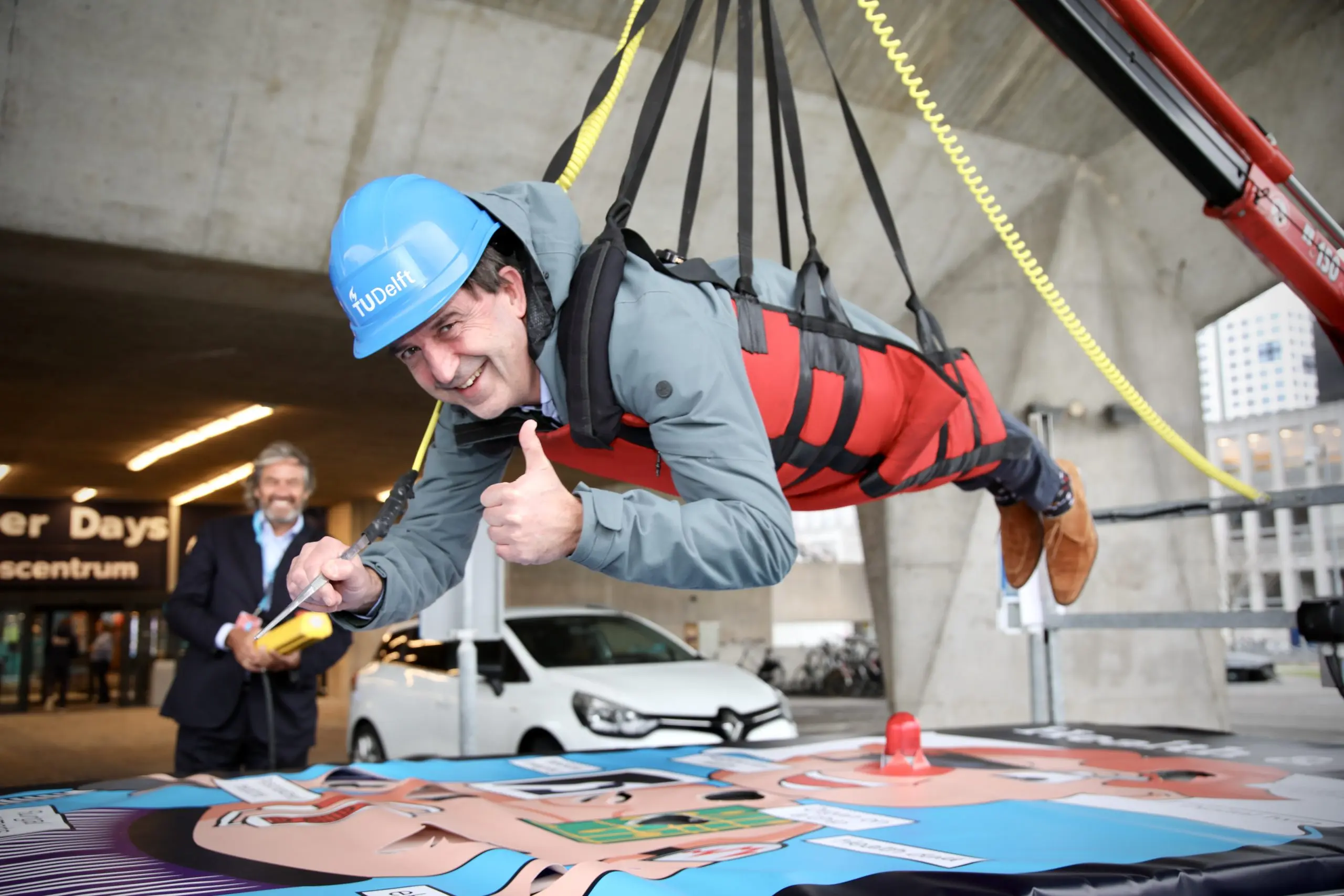Innovations are needed to make healthcare accessible, affordable and sustainable. The Ministry of Health, Welfare & Sport (VWS in Dutch) is therefore organising a smart healthcare relay in February. It focusses on cooperation between technology, care and policy. Because: ‘we need each other to scale up innovations and transform healthcare’, says VWS.
The TU Delft Health Initiative links up to this with a monthly programme full of lectures, events, a hackathon and large brainstorming sessions.
The opening meeting of the health month on Monday 5 February is about making healthcare more sustainable. This is where there is a lot to gain. Excessive use of packaging materials, disposable surgical tools, drug manufacturing and artificially accelerated ageing of medical equipment – it all drains raw materials and produces masses of waste.
At the Sustainable Health Challenge, engineers, healthcare professionals and policymakers join forces to look for improvements. And the stakes are high. The jury has 25 thousand euros to distribute among the most promising teams. With this money, they can start a collaboration and finance (preliminary) research.



Comments are closed.